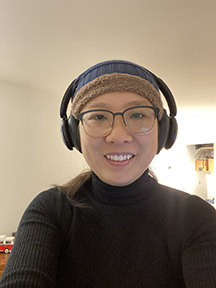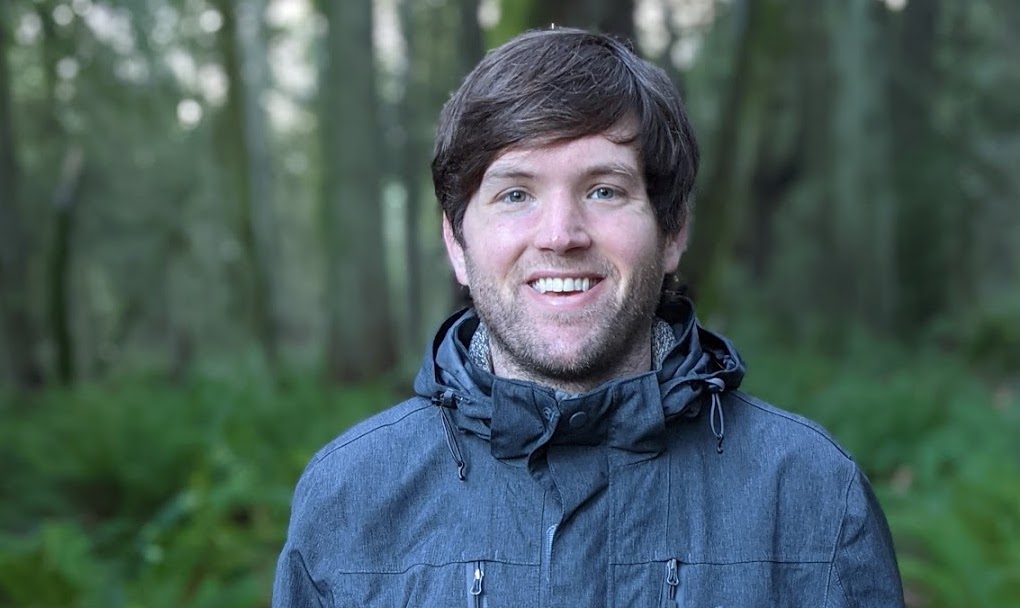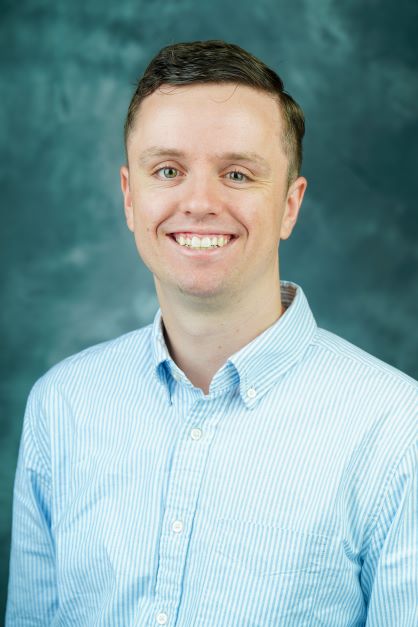PhD Alumni: Where are they now?
 |
What are you up to after graduating from UW Psychology?
Now I am a contractor (research analyst) at Meta Reality Labs.
How did your time at UW Psychology influence your career decision?
During my time at UW Psychology, I had the opportunity to talk to people (i.e. other graduate students and alumni) who have developed their career in different industries after they finish their graduate studies, and I already decided I wanted to remain in the Seattle area after I finish graduate school. That's when I started reaching out to those people and learned about how they attain their career goals. I think the career panels at UW Psychology and other departments have really opened my eyes about what career options we have as graduate students with backgrounds in Biology and Psychology.
What was one of your biggest takeaways from your graduate studies here in Psychology?
There are two major takeaways I have: first, be open-minded. Second, don't be shy to reach out to people. When I started graduate school, I had no idea that one day I could find a job in the tech industry that is not related to software engineering, but it turns out that I was able to eventually find a position that allowed me to apply the skills I have learned over the years (of course after many rejections). It was only after talking to many others who shared a similar path as me did I realize how to better build a resume and how to better "sell" myself as an employable person.
What advice do you have for current graduate students or those considering graduate studies in psychology?
I would first suggest the current graduate students to start thinking about career options as early as they can, which is going to allow them enough time to gain the relevant skill sets they will need by the time they are ready to apply for positions. I would also suggest the current students to be open-minded and flexible when it comes to career options. I believe every individual can be capable of many different things. With enough patience, we can all have fulfilling and meaningful careers.
 |
Kevin Kuehn (he/him)
Area of focus: Clinical Psychology - Quantitative Psychology minor
Year of Graduation: 2022
What are you up to after graduating from UW Psychology?
I’m currently a postdoctoral fellow in the Department of Medicine at the University of California, San Diego.
How did your time at UW Psychology influence your career decision?
Well my career is just launching so I’m not sure I’ll say the same thing in 5-10 years, but my interest in suicide prevention research was ignited at UW in the Behavioral Research & Therapy Clinics. I received amazing clinical and research supervision from experts in the field (Melanie Harned, Katie Korslund, external DBT supervisors, and my fellow DBT trainees) and learned how to deliver top-notch evidence-based treatments to those at high-risk for suicide. Kevin King also stepped in and provided me with incredible research mentorship, teaching me how to think critically and carefully conduct research. I continue to believe that research is critical for understanding how to best prevent suicidal thoughts and behaviors and am passionate about better understanding who is most at risk for suicide, how risk changes over time, and how we can best treat people at high-risk. Thus my postdoctoral fellowship allows for me to continue the program of research I developed at UW while I apply for a career development grant.
What was one of your biggest takeaways from your graduate studies here in Psychology?
The importance of being persistent. In academic science, there are many things that don’t go your way. Grant proposals and journal rejections being the most frustrating (and most common unfortunately). At UW, I learned how to do rigorous research and to think clearly. Once I was confident I had decent ideas, I learned how to be persistent and stick with it when things got tough.
What advice do you have for current graduate students or those considering graduate studies in psychology?
For those considering graduate studies in psychology: Find research interests that you’re passionate about and are willing to study for the next 5-6+ years of your life. Then, acquire skills (e.g., writing, stats, clinical experience) that demonstrate you’re committed to pursuing those interests and can make a meaningful contribution. For current UW graduate students: be persistent, accept and learn from critical feedback, and try to enjoy everything the PNW has to offer.
 |
Adam Smiley (he/him)
Area of focus: Social & Personality Psychology
Year of Graduation: Summer 2022
What are you up to after graduating from UW Psychology?
I am now an assistant professor of experimental psychology at Belmont University (Nashville, TN)
How did your time at UW Psychology influence your career decision?
My time at UW increased my passion for research and teaching, and gave me the skills and experiences necessary to get a job in a very competitive academic job market. I had very supportive mentors during my time at UW which inspired me to want to provide the same sort of mentorship to others.
What was one of your biggest takeaways from your graduate studies here in Psychology?
I learned a number of important skills, including advanced statistics and data analysis skills through taking classes in CSSS. I learned how to do high-quality ethical research, and got extensive feedback on my writing and presenting abilities, which helped me to hone those skills.
What advice do you have for current graduate students or those considering graduate studies in psychology?
My advice for current graduate students is to gain as many tangible skills as possible (statistics, data analysis, different research methodologies, etc.). These skills will be helpful in almost any profession you want to go into, whether that be as a researcher, teacher, or a job in industry. My advice for those considering graduate study in psychology is to make sure it is really what you want to do, as graduate school is a big commitment! Don’t just go to graduate school because you don’t know what else to do – it is fine to take time off after undergrad (I worked as a barista for a year!). If you decide grad school is for you, make sure to choose your advisor wisely (I had a great one in Dr. Cheryl Kaiser), and do not neglect the culture of the department when making your decisions about where to go.
Are you an alumni of the UW Psychology PhD program? We'd like to hear from you! What have you been up to since your time in the Department? Drop us a note at psyalum@uw.edu